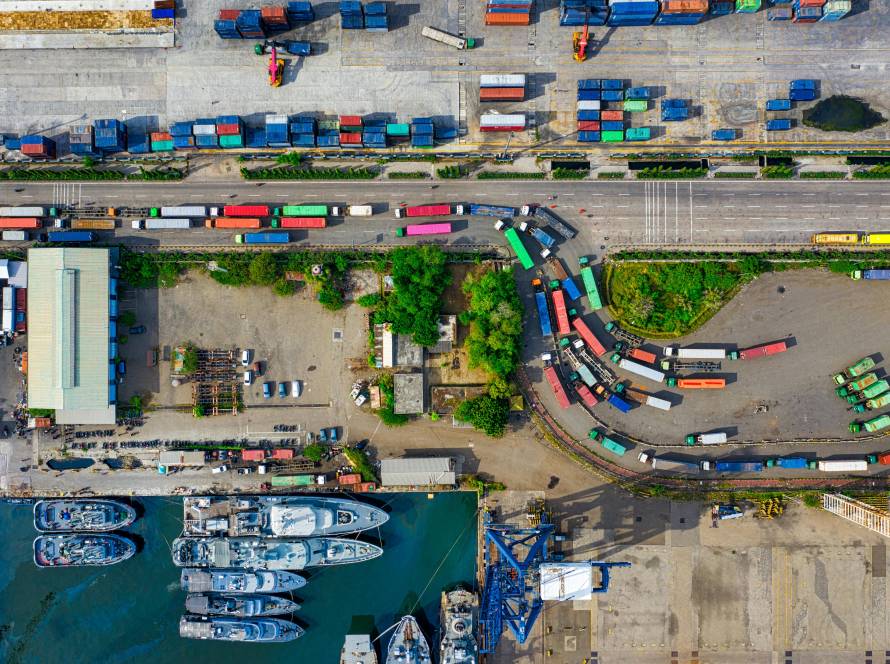The Importance of Logistics in E-Commerce
In the rapidly expanding world of e-commerce, logistics serves as the backbone of operations, ensuring that goods move seamlessly from sellers to consumers. With online shopping becoming a dominant force in retail, efficient logistics is critical to driving customer satisfaction, operational efficiency, and business growth.
1. The Foundation of Customer Satisfaction
In e-commerce, the customer experience doesn’t end at checkout—it extends to the delivery process. Fast, reliable, and accurate deliveries are key to building trust and loyalty. Logistics ensures that the right products reach the right customers at the right time, transforming delivery services into a competitive advantage.
2. Meeting Rising Consumer Expectations
Modern consumers demand convenience, speed, and transparency. Features like same-day delivery, real-time tracking, and flexible return policies depend on a robust logistics network. E-commerce businesses must adapt to these expectations to stay competitive, and efficient logistics is central to meeting these demands.


3. Streamlining Supply Chain Operations
E-commerce relies on well-coordinated supply chains to manage inventory, handle returns, and optimize costs. Logistics bridges the gap between warehouses, distribution centers, and the end consumer, ensuring smooth operations across multiple touchpoints. Advanced logistics systems enable better inventory management and quicker fulfillment.
4. Facilitating Global Reach
E-commerce transcends geographical boundaries, connecting businesses with consumers worldwide. Logistics plays a crucial role in managing cross-border shipments, customs clearance, and international regulations, making global trade possible for online businesses of all sizes.
“Logistics is the heartbeat of e-commerce, turning click-to-cart into door-to-door reality with speed, precision, and reliability.”
5. Enhancing Cost Efficiency
Effective logistics helps businesses reduce shipping costs, minimize delivery errors, and optimize routes. By leveraging economies of scale and advanced technologies, e-commerce companies can maintain profitability while offering competitive pricing to customers.
6. Supporting Scalability
As e-commerce businesses grow, their logistics needs become more complex. Scalable logistics solutions, such as automated warehouses, micro-fulfillment centers, and crowdsourced delivery models, enable companies to handle increasing volumes without compromising service quality.
7. Managing Reverse Logistics
Returns are a significant part of e-commerce, and handling them efficiently is crucial. Reverse logistics ensures that returned goods are processed, restocked, or recycled quickly, reducing losses and enhancing customer satisfaction.

“In e-commerce, logistics isn’t just about moving products—it’s about moving businesses forward by meeting consumer needs, driving innovation, and enabling growth.” –
Conclusion
Logistics is the engine that powers e-commerce, transforming online shopping into a seamless and reliable experience for consumers. By focusing on efficiency, scalability, and customer-centric solutions, logistics enables e-commerce businesses to thrive in a competitive and dynamic market. As technology advances and consumer expectations continue to rise, investing in innovative logistics strategies will be critical to sustaining growth and success in the e-commerce landscape.


